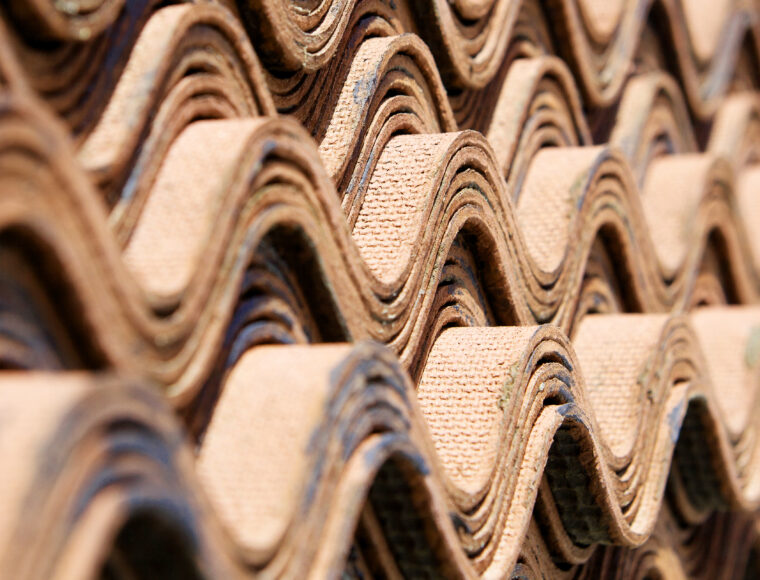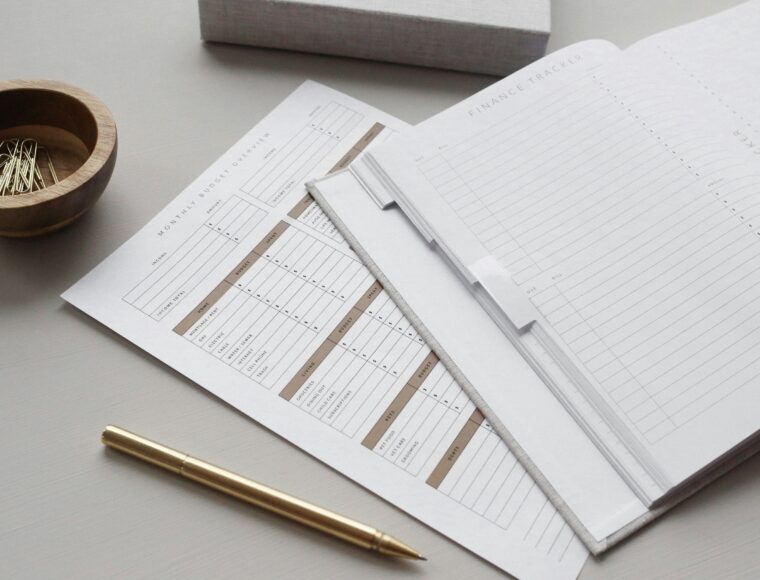
Our 2023-24 Annual Report is Now Available!
Learn More
Your safety is our top priority. This guide provides essential information on fire safety, gas safety, electrical safety, and managing damp, mould, and condensation in your home. Please take a few moments to read through these tips to help keep you, your household, and your home safe.
For buildings with communal areas, we carry out regular Fire Risk Assessments (FRAs) and address any issues identified. This also includes checks on external walls in line with the Fire Safety Act 2021.
If you live in a house or self-contained flat without shared communal spaces, internal fire safety is your responsibility. However, we’re always here to support you—if you have any concerns about fire safety or need repairs, please contact us immediately.
Key Fire Safety Tips:
For more fire safety advice, visit London Fire Brigade’s website. In case of a fire, call 999 immediately and ask for the Fire Service.
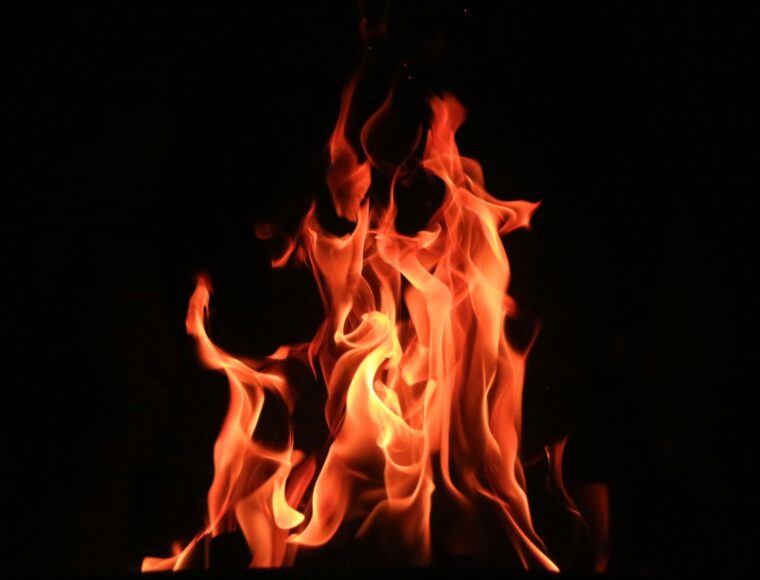
Damp and mould can occur due to water leaks, rain entering your home, or moisture rising from the ground (especially in basements or ground-floor properties).
If you notice damp or mould in your home, contact us immediately so we can inspect and address the issue.
How You Can Help Prevent Damp and Mould:
Three key things you can do to prevent damp, mould or condensation:
You are less likely to get condensation in well-ventilated and warm home.
Managing humidity can help stop damp and mould from growing.
Maintaining a low, consistent background heat can help reduce condensation in your home.
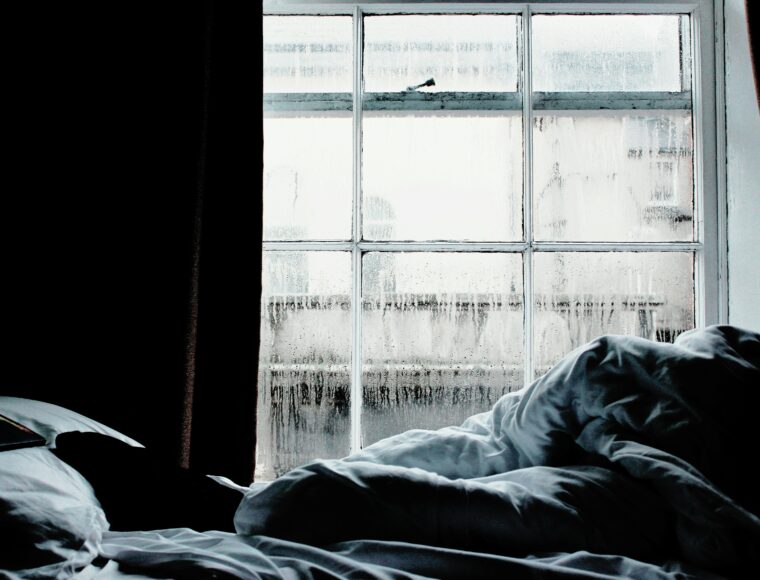
If your home has a gas supply, it’s a legal requirement for us to arrange an annual gas safety check, carried out by a Gas Safe-registered engineer. They will inspect your boiler and any gas appliances, providing a gas safety certificate after the check.
What To Do if You Smell Gas:
Call the National Gas Emergency Line: 0800 111 999
Do NOT:
DO:
Your safety comes first—never ignore the smell of gas.
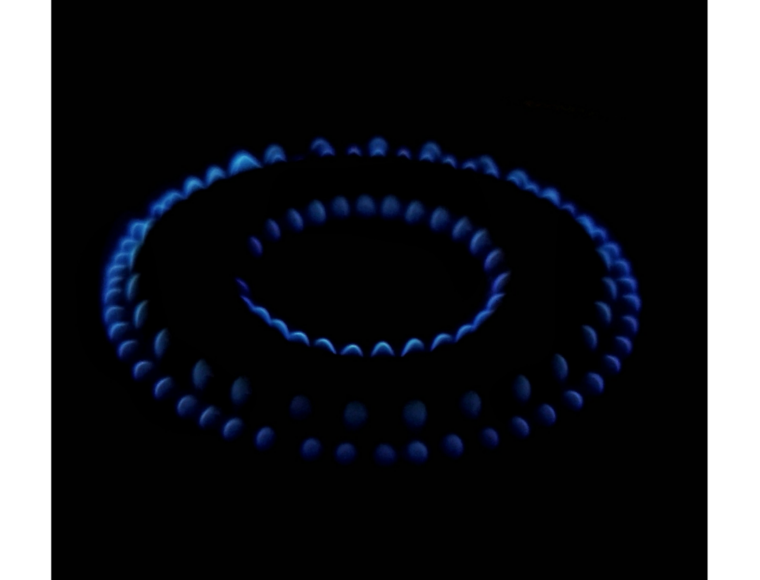
Proper care of your electrical equipment reduces the risk of accidents. Follow these simple guidelines to stay safe:
Electrical Safety Tips:
Carrying Out Electrical Work:
You must obtain written permission from us before doing any electrical work in your home. All work must be completed by a qualified, registered electrician.

Asbestos was commonly used in construction due to its heat resistance and strength, especially in buildings constructed or refurbished before 1999, when it was banned in the UK. Asbestos can release tiny fibres into the air when disturbed, which, if inhaled, may cause serious lung conditions, including certain types of cancer.
Is There Asbestos in My Home?
If your property was built or renovated before 1999, it may contain asbestos in materials like insulation, floor tiles, or textured coatings. If asbestos is present in your home, you will be informed.
It’s important to remember that asbestos is not dangerous if it remains intact and undisturbed. As long as it’s in good condition, it poses no risk to you or your family.
What to Look Out For:
For more detailed information on asbestos, visit the Health & Safety Executive (HSE): Asbestos Publications – Asbestos Publications – Free leaflets – HSE
